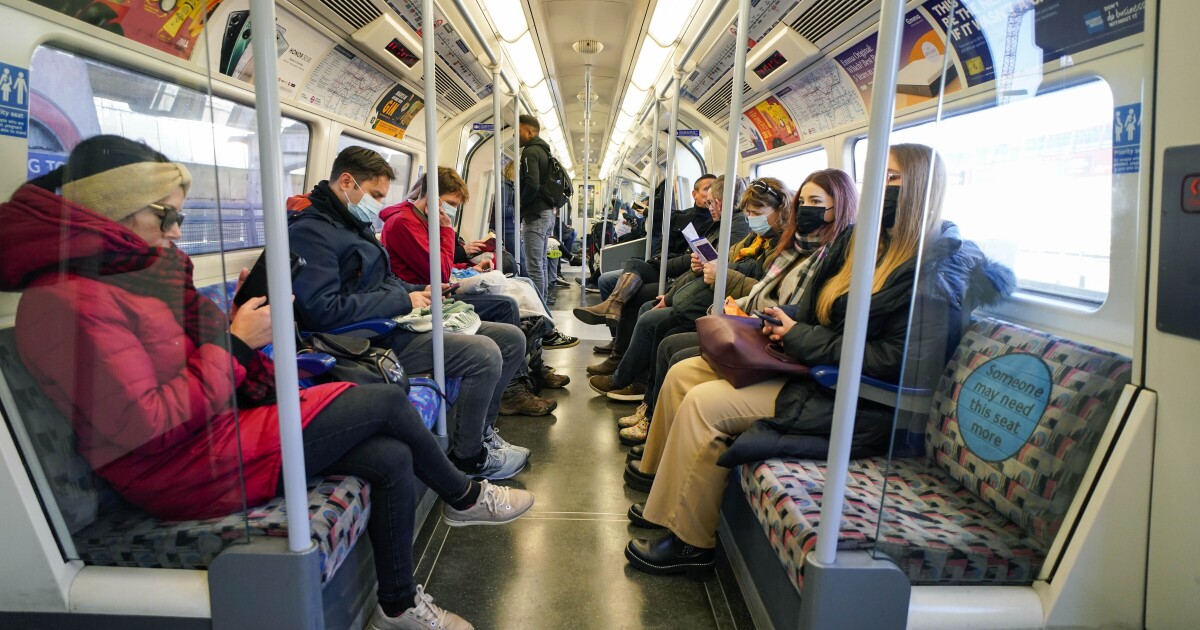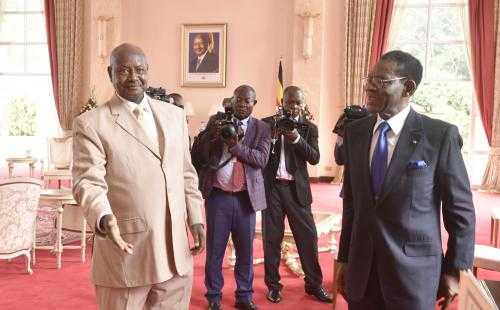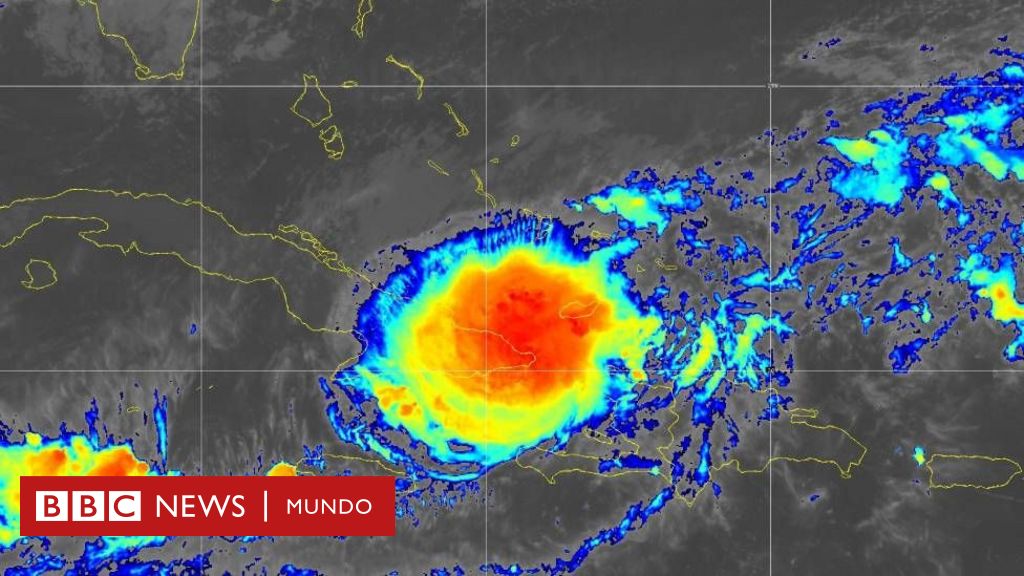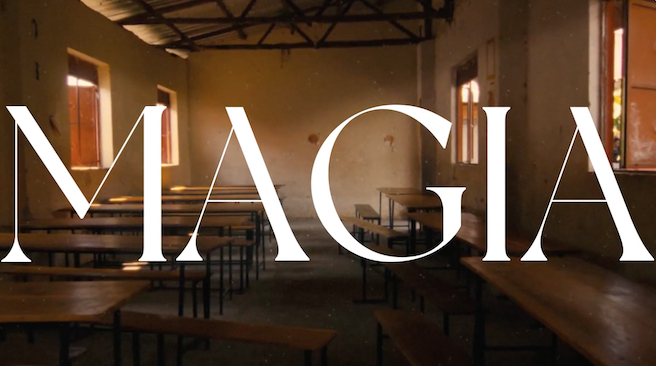WHO: The risk posed by Omicron is ‘extremely high’

The World Health Organization warned on Monday that the risk to global health posed by the omicron type of coronavirus was “extremely high” and could have “serious consequences”.
In a note to its member states, the WHO states that “high doubts” remain about the variant discovered in South Africa, but adds that the possibility of transmission to other parts of the planet is high.
Meanwhile, countries around the world have been trying to fend off the new variant omicron with travel bans and other restrictions, even as it remains unclear what this pandemic means.
Japan has announced that it will suspend entry for all foreigners, despite the fact that new cases of the variant identified days earlier by researchers in South Africa seemed as far away as Hong Kong, Australia and Portugal. Portuguese authorities are investigating whether some of the infections detected in the country could be among the first reported cases of local transmission of the variant outside South Africa.
With the influx of new cases, it seemed almost impossible to keep things under control in a globalized world of travel and open borders.
However, many have tried to do so, even as the World Health Organization insists, which has noted that closing borders often have limited impact, but can also wreak havoc on lives and livelihoods. Some have argued that such limitations could save valuable time for new variable analysis. Little is known about them, even if they were more contagious, caused more severe disease, or were better able to evade vaccine protection.
Although the initial global response to COVID-19 has been criticized for being slow and chaotic, the reaction to the new alternative has been swift.
“On this occasion, he showed the world his learning,” said EU Commission President Ursula von der Leyen, who specifically paid tribute to South African President Cyril Ramaphosa.
“The analytical work and transparency in South Africa, after sharing their findings, was essential to enable a rapid global response. It certainly saved many lives.”
The World Health Organization also praised South Africa and Botswana for quickly alerting the world to the presence of a new variant, and many warned that they should not be penalized for their speed, especially since it is likely that it will never know when or where a new variant appeared.
But that did not stop von der Leyen from pressing the 27-nation bloc to impose an immediate ban on flights from seven countries in South Africa, measures similar to those implemented by many countries.
___
Yamaguchi reported from Tokyo.

“Award-winning zombie scholar. Music practitioner. Food expert. Troublemaker.”


/cloudfront-eu-central-1.images.arcpublishing.com/prisa/AHVYMMDSTZDTDBFNZ3LMFUOKNE.jpg)








